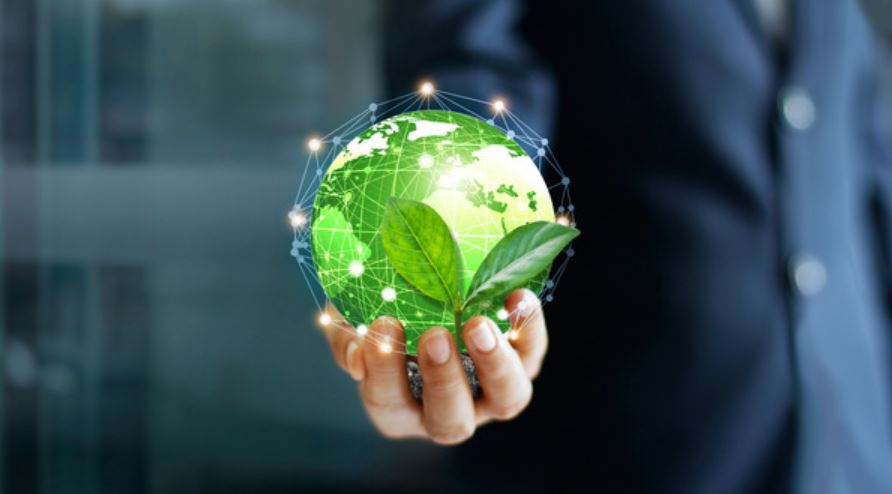 Metrology—the art and science of measurement that often flies under the radar—is a cornerstone of our everyday life. Whether it’s keeping time right or safeguarding digital data, accurate measurements build the foundation of both our daily routines and advanced technologies.
Metrology—the art and science of measurement that often flies under the radar—is a cornerstone of our everyday life. Whether it’s keeping time right or safeguarding digital data, accurate measurements build the foundation of both our daily routines and advanced technologies.
In Europe’s drive toward a greener economy, hydrogen is fast becoming an essential player, especially in transport and heavy industry. But for hydrogen to fulfil its potential as a major clean energy source, every drop and joule must be measured correctly. Annarita Baldan, chief scientist at VSL and chair of the European Metrology Network for Energy Gases, explains that nailing the measurement process is key to this transition.
Steered by a rich collaboration, the Met4H2 initiative brings together national metrology institutes, research organisations, and industry leaders. This project, due to wrap up in September 2025, is setting the standards needed to safely integrate hydrogen technologies. With ambitions of increasing hydrogen’s market share from 2% in 2020 to 14% by 2050, Europe is clearly betting on precision to power a sustainable future.
But metrology’s impact isn’t limited to hydrogen. It also ensures that everyday measurements—like keeping our clocks in sync and our tap water clean—remain reliable. Take quantum communications, for example. Ivo Pietro Degiovanni from INRiM is working on quantum key distribution, a process that helps secure our data at a time when even quantum computers might challenge current security measures. Projects like MeTISQ are also exploring ways to prevent information leaks as data shifts from quantum to classical forms.
Sustainability gets a boost from metrology, too. Annette Röttger from the German National Metrology Institute highlights that by 2030, we could have 150 million lithium-ion batteries ready for secondary use. Accurate measurements of a battery’s impedance are making it possible to assess its reuse potential and streamline recycling processes, which is vital for energy storage solutions.
European collaboration remains central to these advances. Organisations such as EURAMET ensure that measurement standards are uniform across the continent, allowing diverse fields—from quantum computing to green tech—to verify and build on each other’s work. As Ivo Pietro Degiovanni puts it, working together isn’t just beneficial; it’s essential for steady progress.
Every year on May 20th, World Metrology Day reminds us of our shared commitment to measurement. Celebrating the anniversary of the Metre Convention, the day honours a global system that powerfully underpins everything from routine checks to breakthrough innovations.








